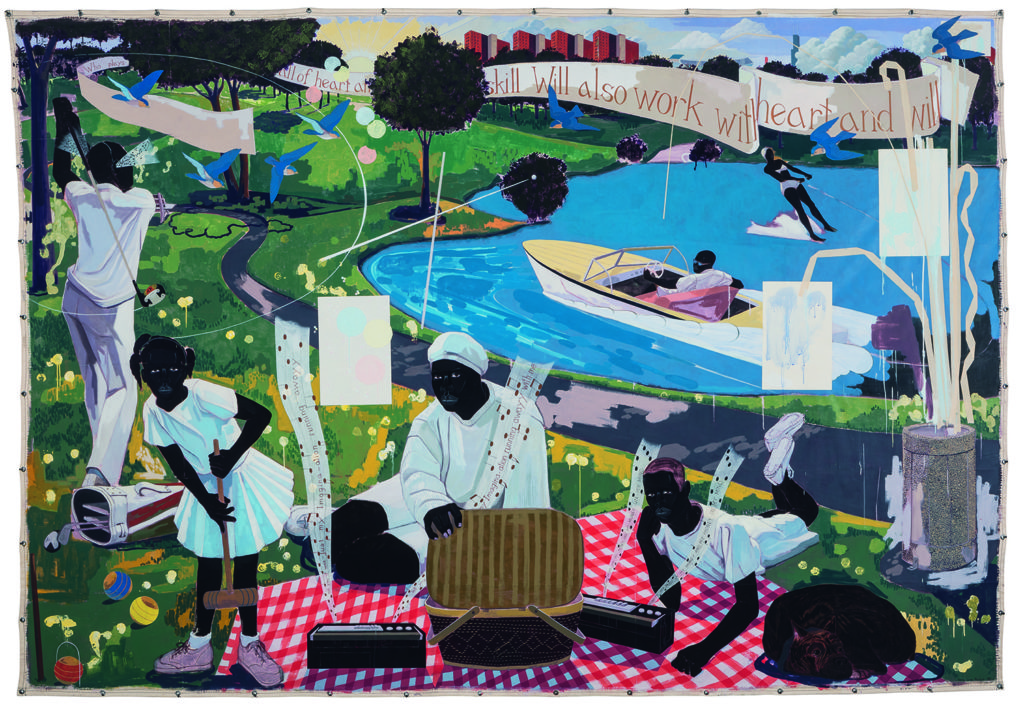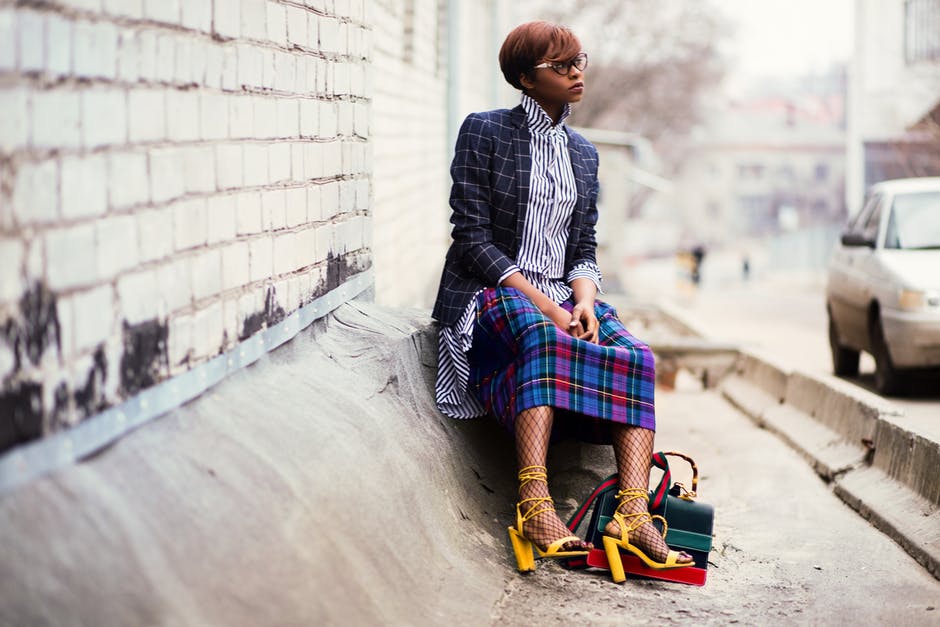
To be clear, the Past Times (1997) painting by Kerry James Marshall is the most expensive Black artist painting sold by a living Black artist. It sold for $21 million bought by mogul Sean “Diddy” Combs. Fantastic, but let’s now downplay the significance of the allocation itself.
“This is probably the first instance in the history of the art world, where a Black person took part in a capital competition and won,” shares Marshall with The Art Newspaper.
Placing female and minority artists in the spotlight is already a rare instance but as this report depicts, the rise of influential Black art owners is growing at an exponential work, and it’s not stopping soon. Past Times (1997) mirror’s Diddy’s acquisition of the work in that this, what’s depicted in the painting, is the diverse side of affluence found today that you don’t get to see often but it powerfully exists: Black buying power. In addition, the clothes and “pasttimes” enjoyed are usually associated to and depicted with white audiences. The title itself “Past Times” is a play on the contemporary “pasttimes” of today’s Black affluent society. The painting is a conversation on stereotypes, breaking those stereotypes, and the discussion on enslavement.

“It’s becoming the case that people have more disposable resources that they can apply to buying things like artwork. But if you think about the history of art—where were Black people when [capitalism and markets were forming] 500, 600 years ago? Black people in the Western hemisphere—from 1865 until now, that’s less than 200 years out from being considered chattel property, being bought and sold themselves,” says Marshall.
In Past Time (1997), we see the banner that reads “Will also work with heart and skill,” the “also” referring to the unneeded force of labor placed upon Black people during the enslavement era. As in, not only would discussing labor opportunities they might’ve considered but they would’ve worked with pride and over-delivered.
Past Times (1997) depicts the marginalization challenges of African-Americans in what Marshall’s been known to describe his central protagonists as “unequivocally, emphatically black.” His signature is a sense of folk art mined with Black culture and stereotypes. Most of his work consists of painting, drawings, videos, and installations. We see that his work is rooted in his life experiences much like Invisible Man (1986).
“You can’t be born in Birmingham, Alabama, in 1955 and grow up in South Central [Los Angeles] near the Black Panthers headquarters, and not feel like you’ve got some kind of social responsibility. You can’t move to Watts in 1963 and not speak about it.”
Photo Courtsey: Metropolitan Museam Of Art, Sothbey’s



